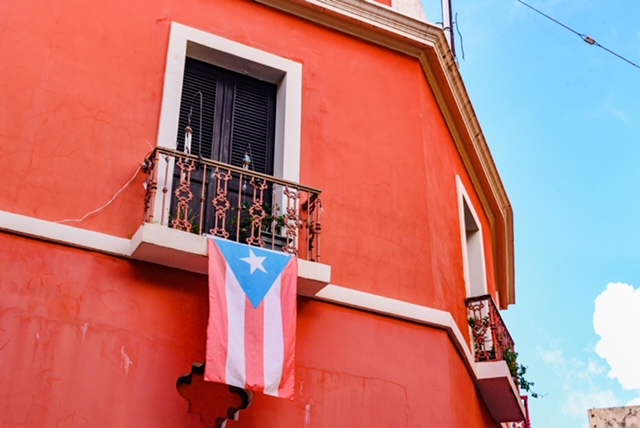Former President Jimmy Carter is being mourned this week in Washington, D.C.
What did the 39th President of the United States have to say about Puerto Rico?
On July 25, 1978, Carter made a public statement marking the anniversary of Puerto Rico’s Constitution: “Since 1898 and as American citizens since 1917, you have made a rich contribution to the life of the United States while preserving your own unique culture and traditions within the broader community,” he declared.
He assured the Island’s then 3.7 million U.S. citizens that “the United States remains fully committed to the principle of self-determination for the people of Puerto Rico.”
Since the end of Carter’s only term as President in 1980, “self-determination” has been invoked hundreds of times when discussing the Island’s unequal and undemocratic status as a U.S. territory.
Now, half a century later, Puerto Rico has chosen statehood in three separate referenda (2012, 2017 & 2020) without any action by Congress.
So why is Puerto Rico still a territory?
The fate of U.S. territories like Puerto Rico is determined solely by Congress, and the Constitution gives Congress broad authority over American territories.
“The Congress shall have the power to dispose of and make all needful rules and regulations respecting the Territory or other property belong to the U.S.,” states Article IV, Section 3, Clause 2 of the Constitution.
“The U.S. Supreme Court cleared up any lingering doubts concerning the scope of federal power over Puerto Rico in U.S. v. Vaella Madero (2022): “The Territory Clause affords Congress broad authority to legislate with respect to the U.S. territories and in exercising that authority, Congress sometimes legislates differently with respect to the Territories . . . than it does with respect to the States.”
So, while only Congress can vote to admit new states, a supportive president can speed up the process.
Some presidents have vetoed federal legislation admitting territories as states. According to the Congressional Research Service, the bills were presented to a later president, and the territories were eventually admitted.
In 1978, the Washington Post claimed that Carter supported statehood.
A headline declared that Puerto Rico was in “political turmoil” because Carter’s statehood stand had “split” the Island’s democrats.
Having returned control of the Panama Canal to Panama and foreseeing further controversy with the United Nations Decolonization Committee, “Jimmy Carter is fast on the way to becoming the patron of Puerto Rico as the 51st state,” according to one Island Democrat quoted by the Post.
The Post analysis concluded, “In Puerto Rico, the statehood tide is unquestionably flowing.” But Carter’s neutral-sounding 1978 declaration promising “self-determination” was intended to keep the peace among warring status factions within the Island’s Democratic Party.
The admission of Puerto Rico as a state would not be part of President Carter’s legacy.
Politically, the debate on Puerto Rico’s status remains ongoing. The Island is a U.S. territory lacking full voting representation in Congress. Unlike Puerto Ricans living in states like New York, Island residents have NO voice or vote in decisions made by the federal government.
This status allowed Congress to impose a financial control board to manage the local government’s recovery from bankruptcy.
The equal protection clause of the 14th Amendment protects states from discriminatory treatment by Congress. The Constitution allows Congress to discriminate against Puerto Rico in federal social safety net programs like Medicaid.
For Island residents, this means daily suffering in housing, health care, and nutrition.
Would you want that for your own children?
Gene Roman lives in the Bronx and works as a freelance reporter wherever there is a good story.
